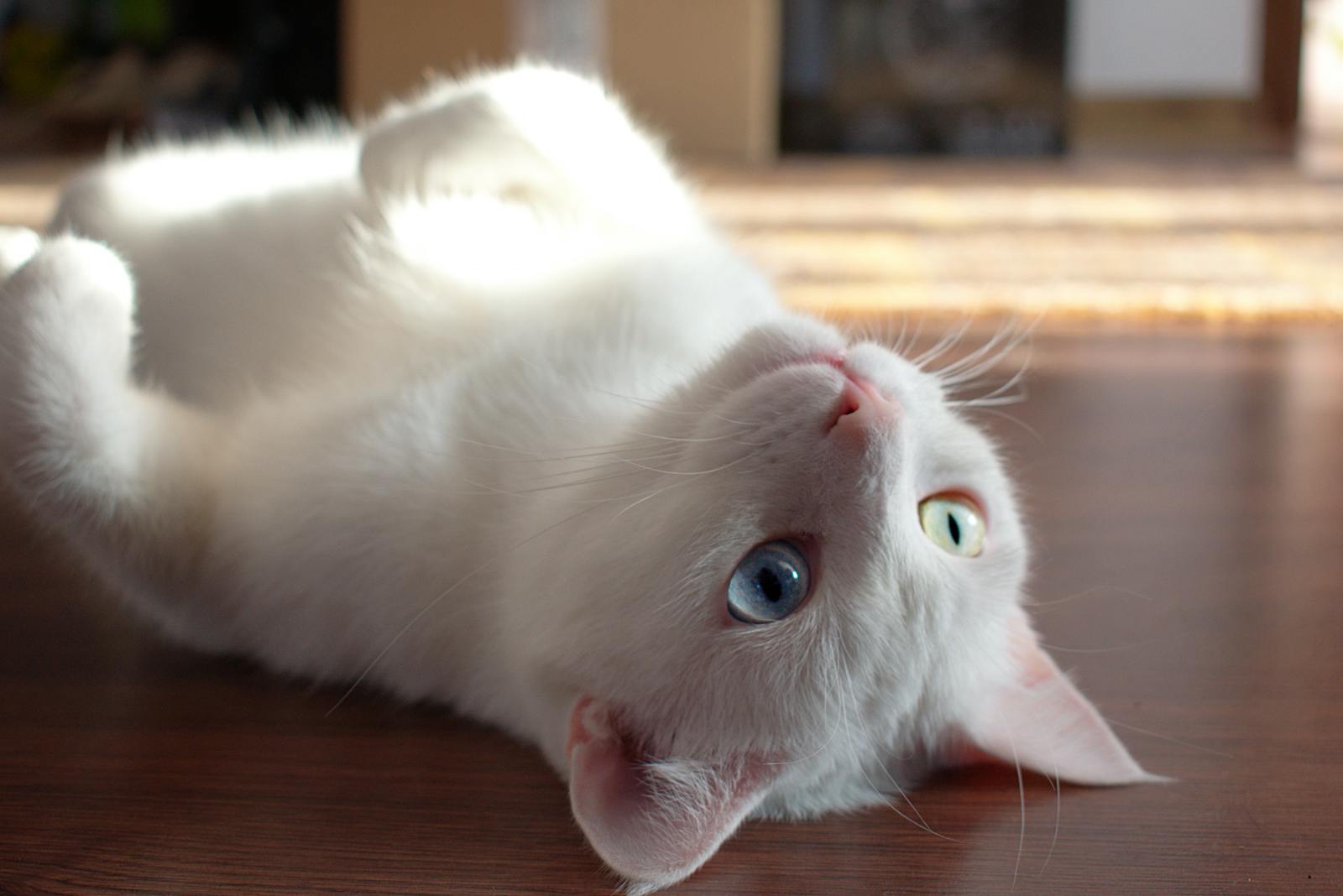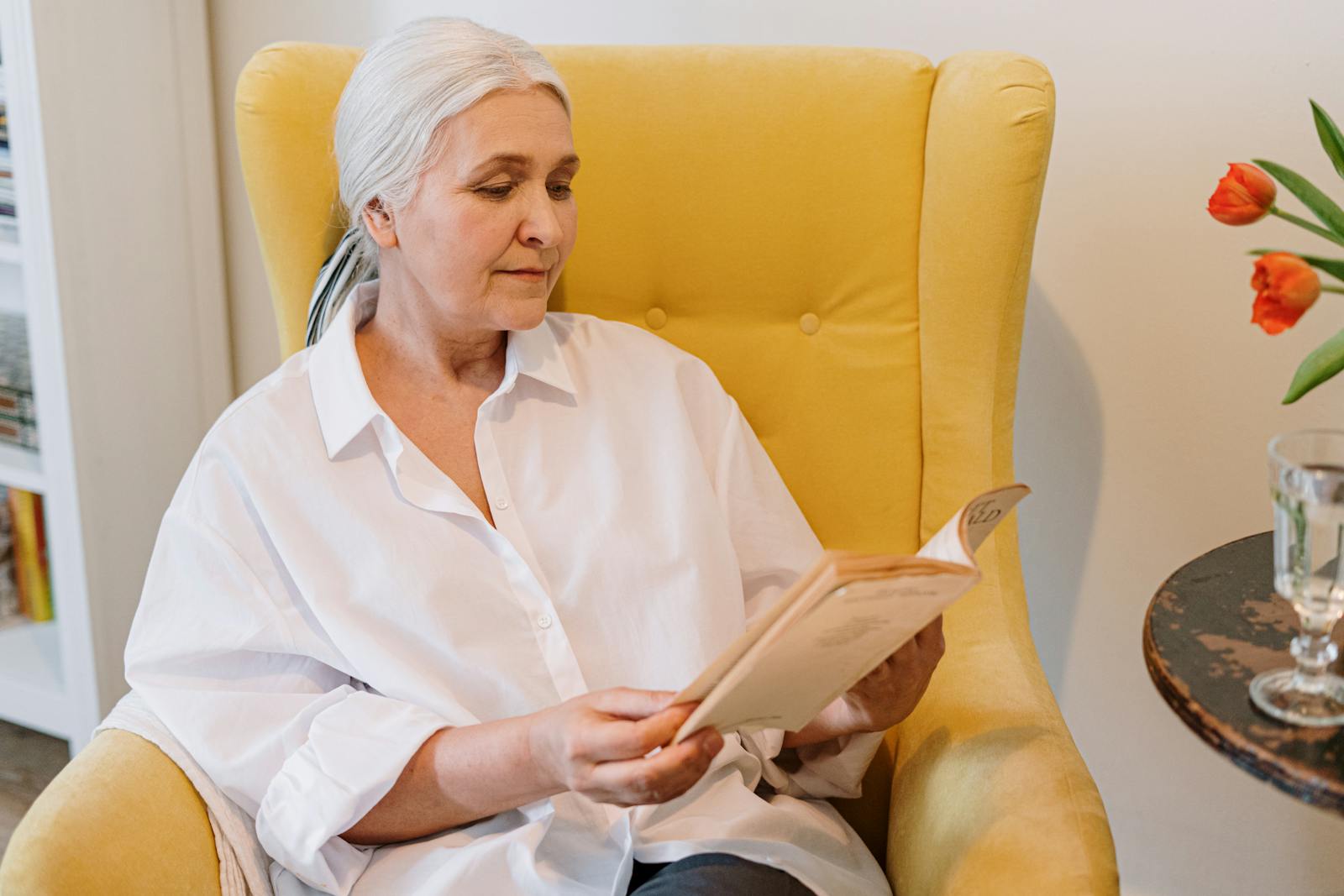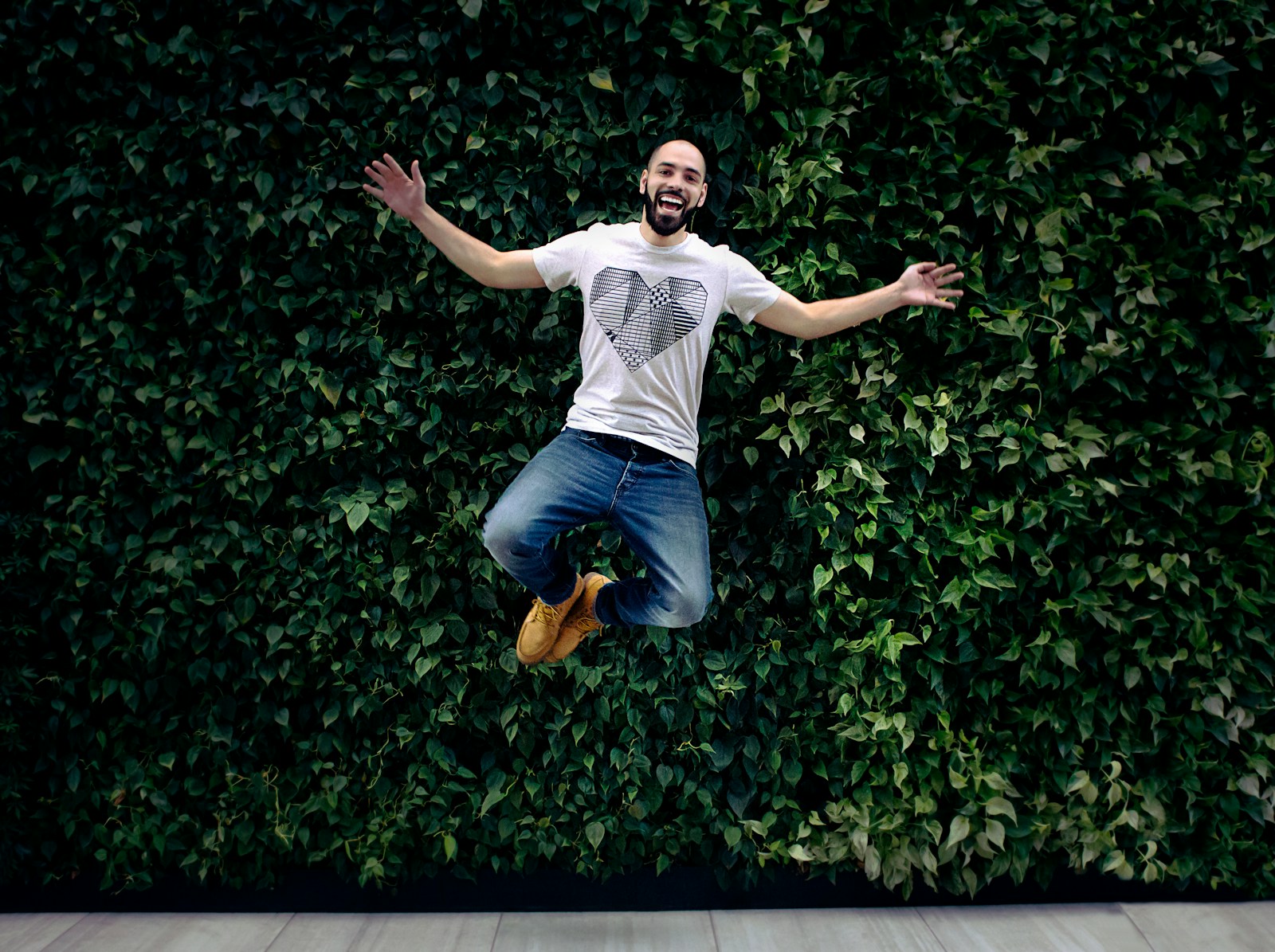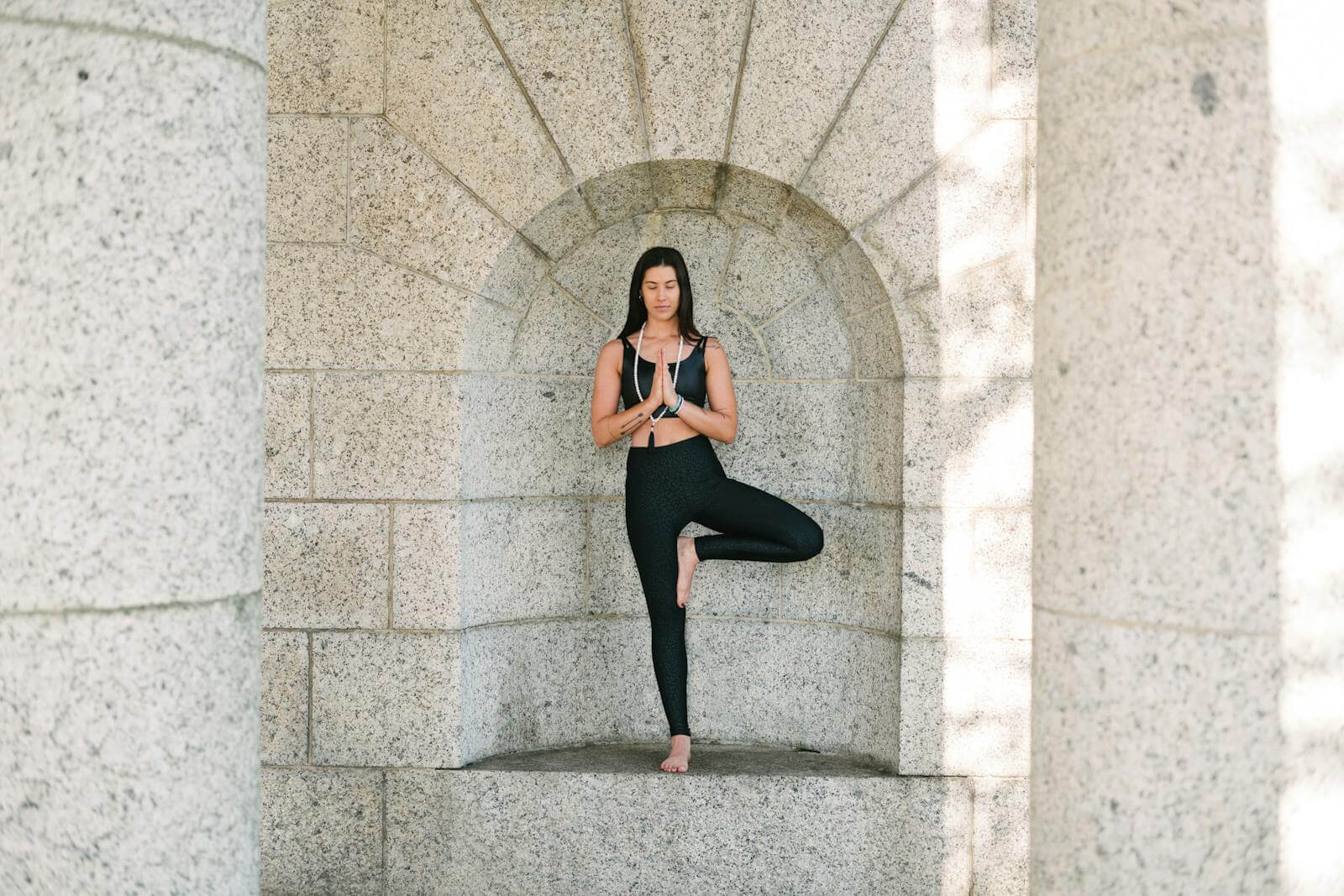
Why You Need a Clean Digital Room
Think about your room for a second. When it’s messy, with toys and clothes everywhere, it’s hard to find your favorite game or that cool T-shirt, right? It’s the same with your computer or tablet. When you have too many pictures, videos, or apps, it can make you feel all jumbled up inside.
Start with Your Phone
Your phone is like a tiny backpack. What happens if you stuff every toy you own into your backpack? You can’t find anything! Start by looking at your apps. Do you play all those games? No? Then it’s time to say goodbye to some of them.
Tidy Up Your Photos
Photos are memories, but do you need ten pictures of your cat doing the same thing? Nope. Keep the best one and let go of the rest. It’ll make finding your favorite photos a lot easier. Like when you want to show your friend that hilarious face your dog made that one time.
Fix Your Email
If your email were a mailbox, would it have letters spilling out all over? Sometimes we sign up for things we don’t really read. Click the “unsubscribe” link at the bottom of those emails. Keep your email happy with only letters you want to read.
Clean Up Your Computer
Games, schoolwork, pictures—your computer has them all. But just like your room, you can’t let it stay messy. Look through your files and start cleaning. Ask yourself, “Have I used this in a long time?” If the answer is no, then maybe it’s time to put it in the recycle bin.
Have Fewer Tabs Open
Imagine doing homework, watching TV, playing ball, and drawing all at the same time. You can’t do it all, can you? When you have too many tabs open on your computer, it’s like trying to do everything at once. Try to have just a few tabs open. Your computer will run faster, and so will your brain.
Take a Break from Screens
You take breaks when you’re running around, so your legs don’t feel like jelly. Well, your eyes and your brain need breaks from screens too. Play outside, read a book, or build something with your blocks. It gives your mind a rest from all the buzzing and beeping.
Make Passwords Simple
Passwords are like secret handshakes. You need them to get into your online ‘clubhouses.’ But if they’re too tricky, you might forget them. Use simple memories to make passwords. Like “BlueHouse27!” It’s easy to remember but hard for others to guess because it’s something special to you.
Stop Notifs from Bugging You
Notifs, or notifications, are like little brothers or sisters poking you all the time, saying, “Look at me!” They can be really distracting. Go into your settings and turn off notifs for things that aren’t super important. You’ll feel less like everyone’s poking you for attention.
Give Your Eyes a Rest
Just like playing in the sun too long can hurt your skin, looking at screens too much can be tough on your eyes. Use things on your computer that help you see better. You can make text bigger or change the screen color to be softer. Your eyes will thank you.
Remember the Real World
Your digital stuff is pretty cool, but it’s not the only thing out there. Remember to spend time with family, play with friends, and talk to real people. Sometimes, the best stories aren’t on a screen. They’re out there in the real world, waiting for you to find them.
When our digital life is clean and neat, our brains can relax a bit more. Think of it as having a cool, clear stream in your head instead of a rushing river. No need to swim hard—just float and enjoy the calm.
What exactly is digital decluttering and why should I do it?
Digital decluttering is cleaning up your electronic devices, like deleting old files or uninstalling apps you don’t use. Think of it as tidying your digital space, much like you would with a cluttered desk.
Doing this can make your tech run smoother and help you feel more organized. Plus, it can reduce stress by simplifying decision-making and decreasing distractions.
How often should I declutter my digital devices?
There’s no set rule, but aiming for a digital decluttering session every few months is a good idea. It helps keep things manageable. If you’re super active online, doing a quick cleanup monthly could work even better.
Listen to how you feel, though. If you’re getting overwhelmed by digital mess, it might be time for a tidy-up, no matter how long it’s been.
Can digital decluttering improve my online security?
Yes, it sure can! Getting rid of old apps and outdated files means fewer chances for security holes. Updating software during your declutter can also patch up any known vulnerabilities. It’s like fixing a leaky window to keep the rain out.
Plus, reviewing your subscriptions and accounts helps you keep track of where your info might be – staying safer starts with staying aware.
What’s a good first step to start decluttering my digital life?
Starting can feel daunting, but a good first move is tackling your emails. Unsubscribe from newsletters you never read, and delete or archive old messages. This usually provides instant relief and a sense of achievement that can motivate you to tackle bigger tasks.
After emails, try organizing your files or cleaning up your desktop. Every bit of progress counts!
Should I involve my family in digital decluttering?
Definitely! Just like you’d encourage family to keep the house tidy, getting them on board with digital decluttering can help maintain a clean digital space for everyone. It’s a team effort.
Plus, it’s a great opportunity to talk about healthy digital habits and online safety. Learning and cleaning together, that’s a win-win!
Key Takeaways
- Recognize digital clutter: Just like physical clutter, digital clutter can overwhelm your mind and decrease productivity. Understand that unused apps, old emails, and unorganized files are all part of this clutter.
- Delete unused apps: Start by getting rid of apps you haven’t used in months. They not only take up space but can also be a source of unwanted notifications and updates.
- Clean up social media: Unfollow or mute accounts that do not add value to your life, thus streamlining your feed to include only content that is helpful, inspiring, or brings joy.
- Organize digital files: Take time to sort through your files, deleting duplicates and setting up a clear folder structure. Consider naming conventions that make it easy to search for and locate your documents.
- Email management: Unsubscribe from promotional emails and use filters to automatically sort incoming emails, so you can focus on the ones that truly matter.
- Screen time limits: Set boundaries for how long you spend on your devices. Use built-in tools on your phone or computer to track and limit your usage.
- Regular digital detoxes: Periodically step away from digital devices to reset your focus and reduce dependency on technology. Even short breaks can be beneficial to your mental health.
- Automate where possible: Utilize automation tools to handle repetitive tasks. This can minimize the time spent on unimportant tasks and reduce cognitive load.
- Maintain a clutter-free digital space: Make digital decluttering a routine habit. Schedule regular sessions to clean up your digital presence which will contribute to sustained mental clarity over time.
Final Thoughts
Decluttering your digital life is like a breath of fresh air for your brain. Start by cleaning up your files, tossing what you don’t need, and organizing the rest. Unsubscribe from those pesky emails that jam up your inbox and make a habit out of it. Don’t let the emails stack up again, deal with them as they come.
Social media can be a black hole for time and energy. Cut down the time you spend scrolling, and be picky about who you follow. Your feed should inspire you, not drag you down. Digital clean-up isn’t a one-time thing—it’s a constant process. Keep on top of it, and your mind will stay clear.
Lastly, take a hard look at your apps. Ditch the ones you never use, and tidy up your digital devices’ homescreens. Digital clutter is sneaky, but staying on top of it means a cleaner, sharper, and more focused mind. Keep it simple, and enjoy the mental space you’ve cleared up!






